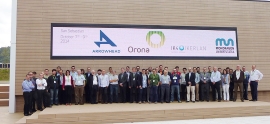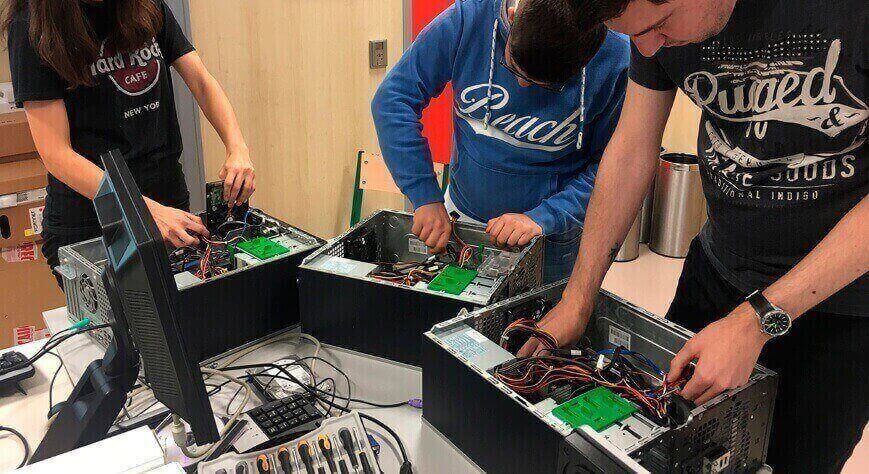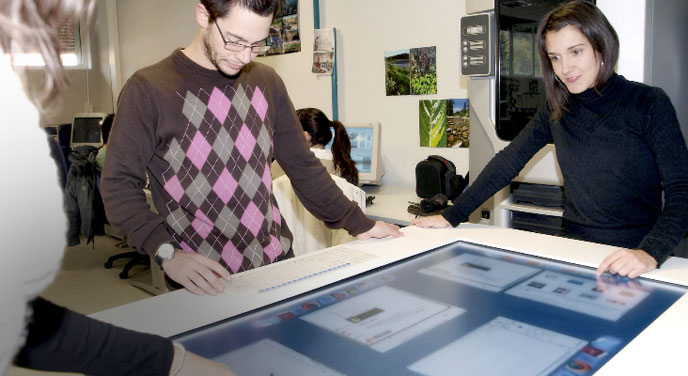Computer Engineering
The main objective of the degree is to train professionals in one of today's most in-demand professions, and with highly-promising future prospects.
The training designed in this degree is cross-cutting and versatile; enabling the student to do a range of jobs from the development of computer products on different platforms (computers, embedded systems, mobile phones, etc.) to the configuration, management and maintenance of company information systems.
With this in mind, the syllabus has been designed to allow the student to acquire knowledge in Programming, Engineering of Computers, Software Engineering, Information Systems, Intelligent Systems, Operating Systems, Embedded Systems, Distributed Systems and Networks. Training with which they will be able to adapt to significantly different working environments.
Open days
We open the doors of the university and we hope to tell you, in detail, the degree and its career opportunities.
Foreground
High employability, a highly demanded profile
Practical training, you will learn how to do it
You will be able to make computer applications and manage a company’s IT
100% of the TFG in Company with one and possibility to combine work and study

SIMULACIÓN Personaliza tu ingenieria

CONNECTION WITH THE COMPANY Teachers involved in business development

SATISFACTION OF THE COMPANIES High satisfaction of the contracting companies
Job opportunities
The career opportunities of the Computing graduate are very broad and varied as computer science has become a technology essential for all types of company, both for those that offer computing products and services and for those that, although their product contains no software, need it to manage their production, marketing, sales, etc.
The successful graduate in computer engineering can go on to study for a Masters degree to specialise in one particular area of computing, or can make the leap into the labour market.
Career options
- Analyse, design, develop and implement computer systems.
- Evaluate, optimise, maintain and administer computing systems.
- Technologically organize and innovate products, processes and business services.
- Advise and train end users.
- Participate in computer projects.
- Create product development or computer services companies.
Organzazations
- Companies developing ICT assets (new computer products, financial systems, management systems, graphic design, control software, embedded systems, intelligent systems) and IT services (consultants, integrators).
- General organisations such as public administration, industrial plants and services companies
- Technological centres researching ICT assets and IT services.
Digitization, data and cybersecurity open many professional doors
This Teknopolis report explains the research work in cybersecurity at Mondragon Unibertsitatea and the challenges facing the sector.



)
)
)
)
)


